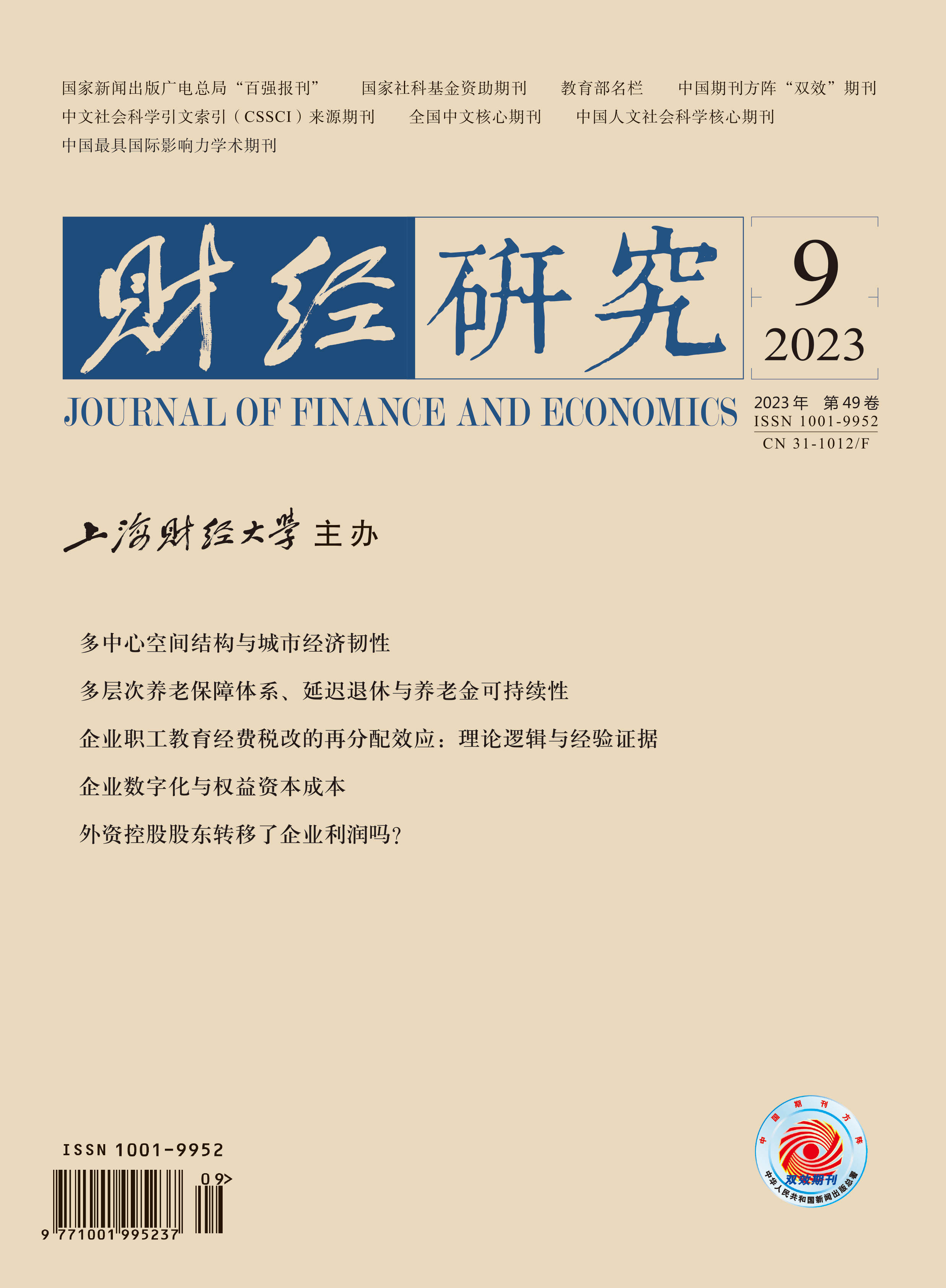The continuous increase in the scale of foreign investment has made important contributions to China’s economic development. Meanwhile, the loss rate of foreign-funded enterprises is much higher than that of domestic-funded enterprises. Whether the phenomenon of high losses in foreign-funded enterprises is normal operating losses or deliberately shifting profits needs to be further explored.
This paper takes the acquisition of the first share of a Chinese company (Giti Tire) by foreign capital as an example to discuss the specific behavior of foreign capital after entering China in the past 20 years and its impact on the company’s profit flow. It is found that foreign capital has implemented the following behaviors after entering China: First, foreign shareholders obtained the equity of listed companies from original state-owned controlling shareholders below the market value. Second, foreign shareholders accrued high-quality assets from original shareholders. Third, foreign shareholders exchanged all assets and liabilities of listed companies with the equity of their controlled subsidiaries, making listed companies an “empty shell”. Fourth, foreign shareholders tried to pass the share structure reform to exit China, but it was unsuccessful due to minority shareholders and regulatory inquiries. The profit flow of listed companies has been made by foreign shareholders: First, they acquire profit return by controlling supply and marketing channels. Second, they use high cash dividend distribution to acquire profit return. Third, they adopt performance commitments to accelerate profit backflow. This paper further finds that: (1) Foreign capital has gained demographic dividends, environmental dividends and economic interests in China. (2) A sound governance mechanism and an effective supervision system have curbed the profit-seeking behavior of foreign capital and effectively alleviated the Type II agency problem.
The following suggestions are put forward: (1) A market participation mechanism for fair competition should be established, allowing foreign capital to compete with other domestic enterprises in an equal and reciprocal form. (2) Regulators should improve the governance system of listed companies, actively encourage small and medium shareholders to participate in the governance of listed companies, and give them the power to protect their own interests. (3) The regulatory inquiry mechanism should be actively used to ease the operation of small and medium shareholders and listed companies.
The possible contributions of this paper are that: (1) It explains why the loss rate of foreign-funded enterprises is much higher than that of domestic-funded enterprises, and provides some evidence from a microscopic perspective. (2) It analyzes the behavior of foreign capital and its impact on profit flow by tracing the differences in parent and subsidiary report data, and analyzes the profit flow within the group from the differences between the consolidated statement and the parent company’s statement. (3) The case analysis method can clarify the underlying reasons for the changes in the behavior of foreign shareholders, and make up for the fact that the archival research emphasizes the average characteristics and ignores the microscopic characteristics of enterprises.





 6333
6333  7914
7914

